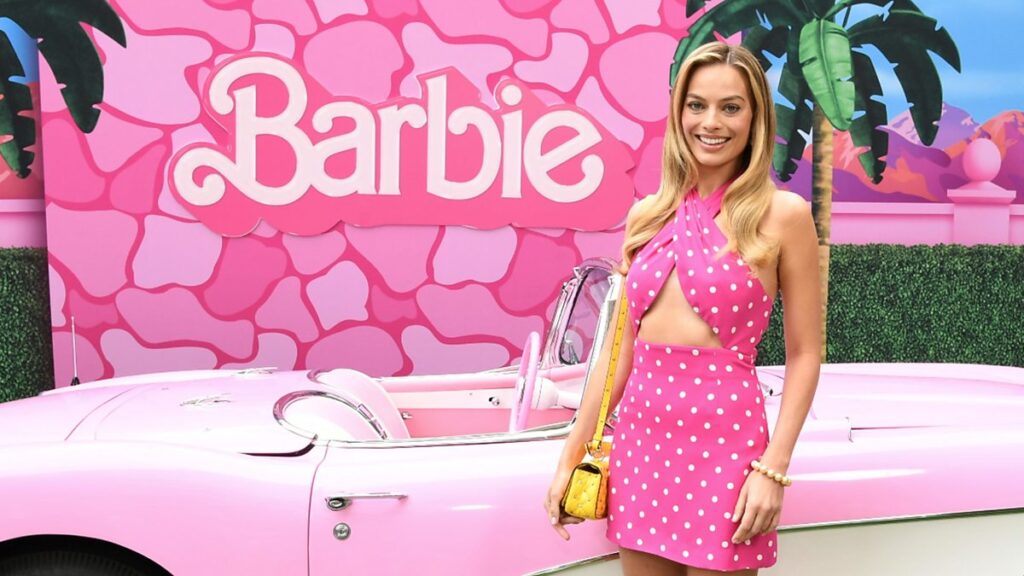Barbie Movie Spotlights Brand Challenges, Profitability Amid Controversy, and Stakeholder Resilience

|
Listen to this story:
|
Key Takeaways:
- Barbie Movie Illuminates Brand Challenges: The “Barbie” movie successfully shines a light on the challenges faced by the iconic doll brand, from unrealistic body images to governance issues, highlighting the importance of addressing these concerns in today’s market.
- Profitability Amid Controversy: The movie’s portrayal of the fictional Mattel CEO’s willingness to embrace an ordinary Barbie doll, initially dismissed, underscores the potential profitability in diversifying the Barbie line. The exact reason for its profitability is not explicitly given but is likely tied to the movie’s success.
- Stakeholder Influence and Brand Resilience: Mattel’s ability to leverage the movie’s success and align it with their expanded DEI efforts showcases a deep understanding of stakeholders and their expectations. This strategic move not only capitalises on new opportunities but also strengthens the brand’s defence against detractors, highlighting the importance of stakeholder management in navigating evolving market dynamics.
A company’s intellectual property is one of its most closely guarded intangible assets. For Mattel, Barbie is a flagship franchise product that, for decades, entertained young girls but has not been without controversy. These challenges, from unrealistic body images to its creator’s Governance issues, are all laid bare in the most successful movie this year, “Barbie.”
Admittedly, I leaned forward in my seat during the movie’s opening scene and didn’t sit back. From the flawlessly executed parallel of Kubrick’s ‘Dawn of Man’ scene from “2001: A Space Odyssey” to the closing line, I wondered how Mattel had allowed a movie to shine a light on Barbie’s issues. The answer may be in one scene where Will Ferrell, the fictional Mattel CEO, laughs off America Ferrera’s idea of an ordinary Barbie doll. Ferrell quickly changes his mind when the hapless CFO states it could be profitable.
The reason it could be profitable is never given but likely aligns with the movie’s success.
Over decades and through career potentials and experimentation, Barbie has always walked the line between feminist icon and her various controversies. Like many toy brands and stores, though, Barbie’s sales struggled during the mid-2010s. The brand’s recent growth has primarily been attributed to expanded DEI efforts. Looking through the lens of Barbie’s history, the movie, steeped in cultural and gender commentary, should have surprised no one.
Yet, I still sat forward.
Funnily enough, I’m not sure Mattel’s 10K illustrates how well they understand stakeholders and their expectations as well as the movie did. They created a new opportunity to capitalize on while building a defense against detractors that only strengthened in its success. This is nothing short of a miracle in a year that has proven stakeholders have sway over a brand’s attempts at something new and different.
This article is contributed by Matthew Sekol. Every week ESG News delivers smart commentary from ESG practitioners and experts to unpack issues of the day. Submit an article for editorial consideration for the ESG Unpacked series here: [email protected]






